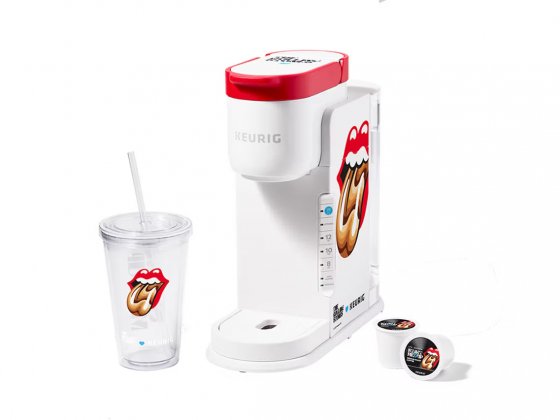By 2021, in terms of sales, these devices will overtake tablet computers, reaching an impressive figure of 400 million units.
By far the most developed smart speaker market in the US. For this reason, it is expected that for the current year the increase here will be relatively small and amount to 46%. Similar growth will be recorded in the UK and Germany markets - 47% and 49%, respectively. As for the markets of Asian countries, then the numbers are much more interesting - 131% in Japan, 132% in South Korea and 166% in China.
As the report of the analytical company Canalys shows, by the end of this year, the global market for smart speakers will grow immediately by 82% to 207.9 million units. The research firm estimates that by the end of this year, there will be about 90 million smart speakers in use in the US alone (with some households installing several). This estimate is in line with data from eMarketer and Voicebot.ai, which predict that about 70 million US adults will use smart speakers by the end of this year. To date, the market leader is the Amazon Echo Smart Speaker with Alexa virtual assistant.
However, despite the explosive growth in the presence of smart speakers in homes, the spread of voice commerce (that is, when the consumer simply gives the necessary voice commands to make purchases) remains limited. According to the Voicebot.ai report, only 0.58% of respondents prefer to shop using such devices.
The main reason for this is the rawness of the technology. Users do not always receive adequate answers to their requests. For this reason, the primary use of voice commands is to control music streaming services. In addition, users do not always receive enough information even for basic queries, such as store opening hours. However, large retailers like Target and Walmart are actively working in this direction. So it's safe to assume that with the rise in popularity of smart speakers, voice commerce will also become ubiquitous.










